
Important new study says economy sucks because people are paid peanuts
Inequality is bad for the economy. That’s the big take-away from a new report prepared for G20 labour and employment ministers by three global economic organizations: the United Nations’ International Labour Organization, the Organisation for Economic Co-operation and Development, and the World Bank. “Extensive evidence shows that high levels of income inequality tend to reinforce themselves,” […]
Inequality is bad for the economy.
That’s the big take-away from a new report prepared for G20 labour and employment ministers by three global economic organizations: the United Nations’ International Labour Organization, the Organisation for Economic Co-operation and Development, and the World Bank.
“Extensive evidence shows that high levels of income inequality tend to reinforce themselves,” says the report. And this has a negative impact on “long-term growth protential.”
The report zeros in on “stagnating wage income” and a “deterioration in job quality” across advanced G20 economies, pointing to a “long-term decline” in the share of wealth in the pockets of workers:
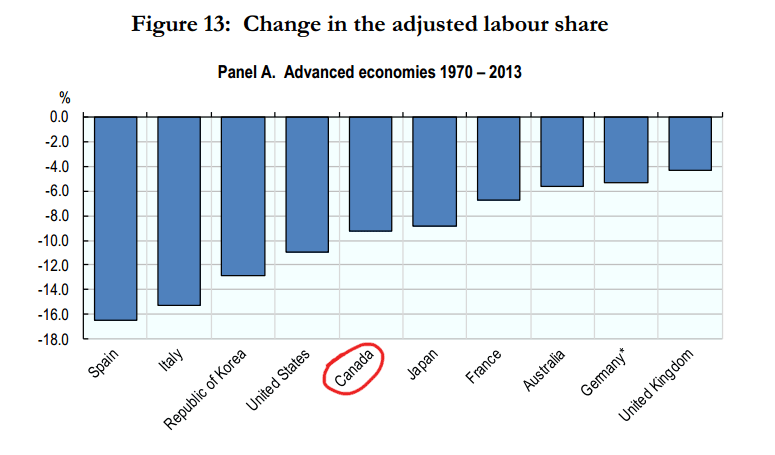
1. Workers have seen wages stagnate and the quality of their jobs deteriorate:
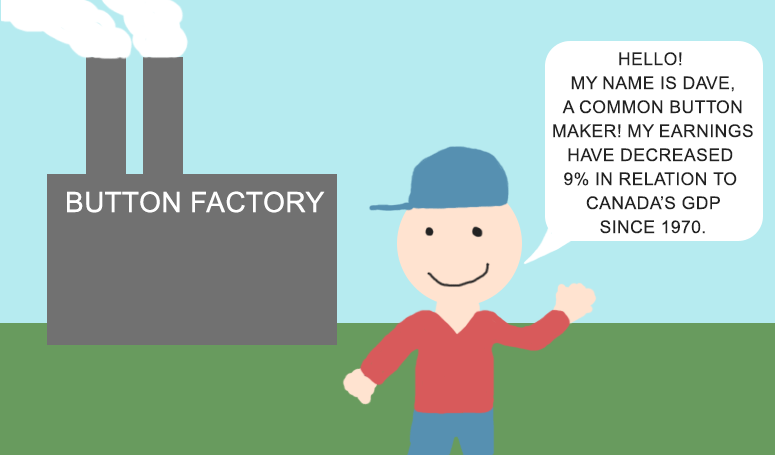
2. When workers have less money in their pockets, they have to make tough decisions about what they can afford to buy, so they consume less:
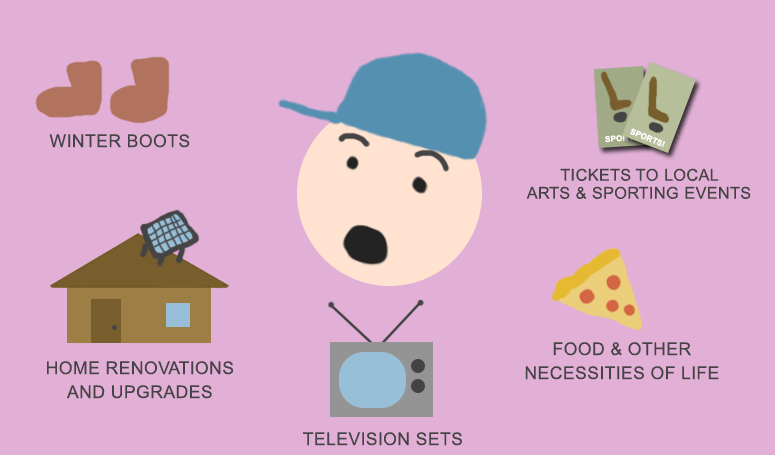
3. And that stagnates growth for other businesses:
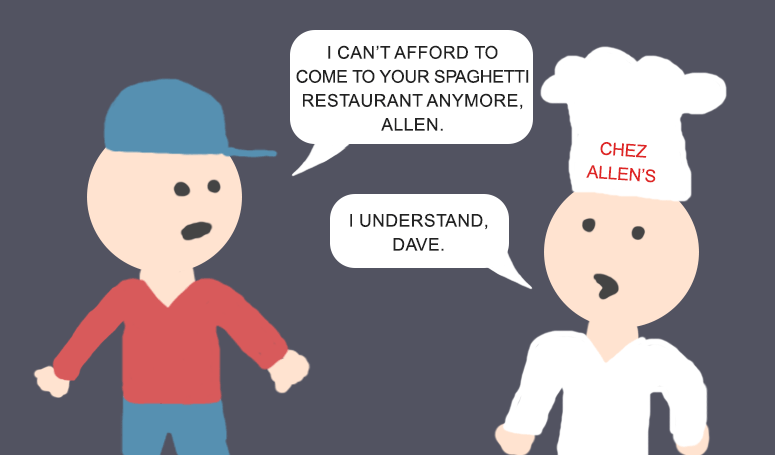
4. And lower consumption leads to a ripple effect felt throughout the economy:

5. And with less money being earned, that means less tax revenues for governments:
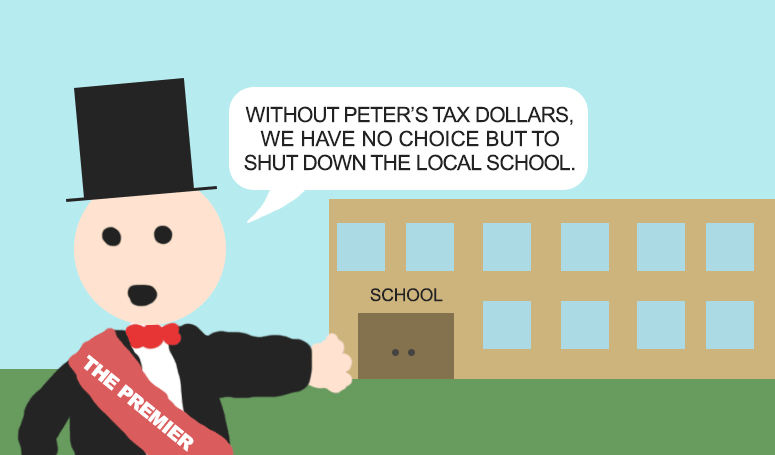
Bottom line: that means everyone is worse off.
Photo: uacescomm. Used under a Creative Commons BY-2.0 licence.
Our journalism is powered by readers like you.
We’re an award-winning non-profit news organization that covers topics like social and economic inequality, big business and labour, and right-wing extremism.
Help us build so we can bring to light stories that don’t get the attention they deserve from Canada’s big corporate media outlets.
Donate



